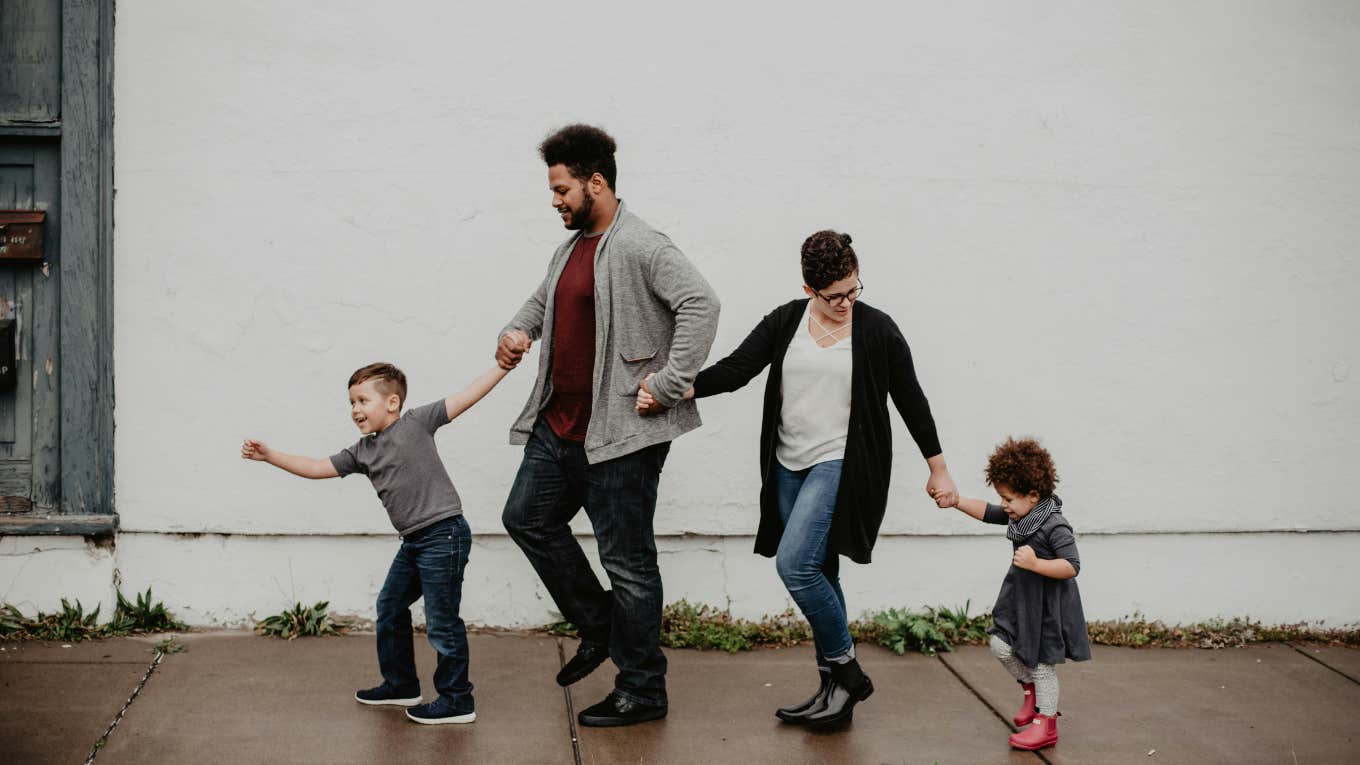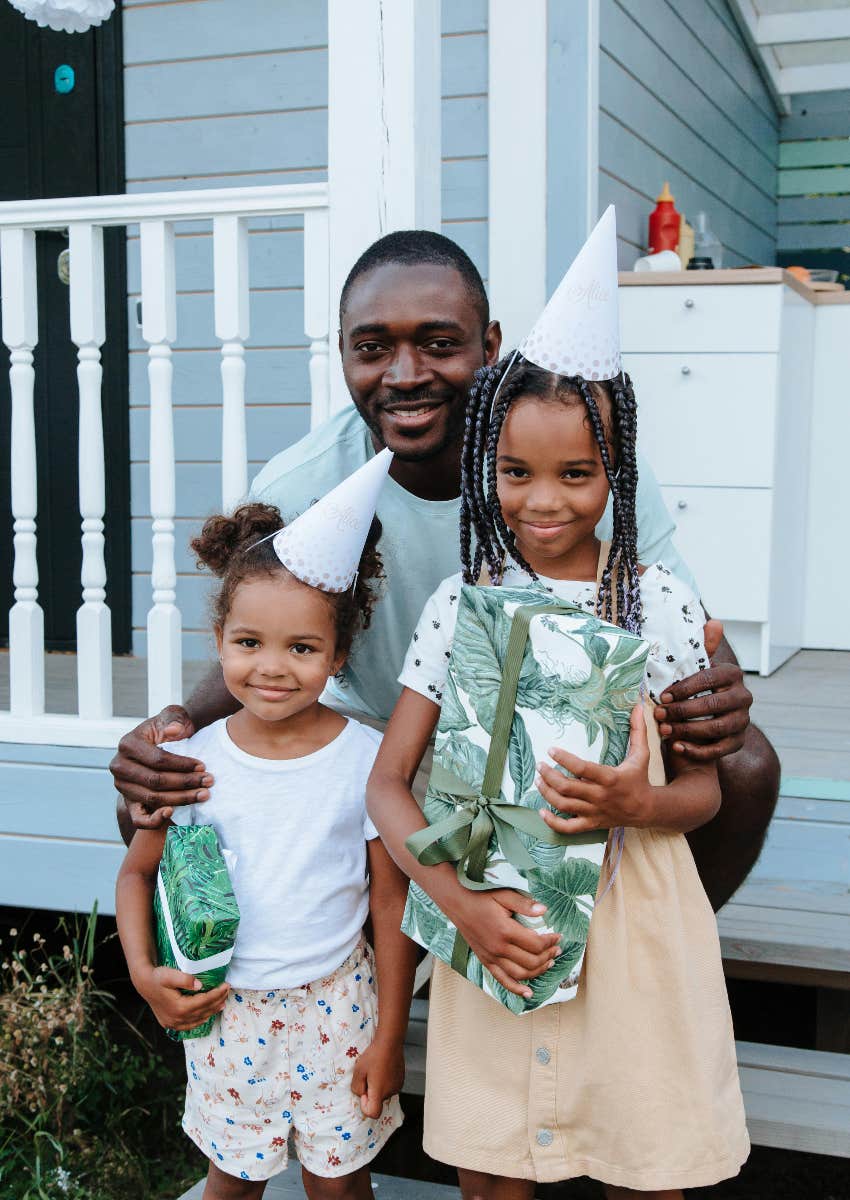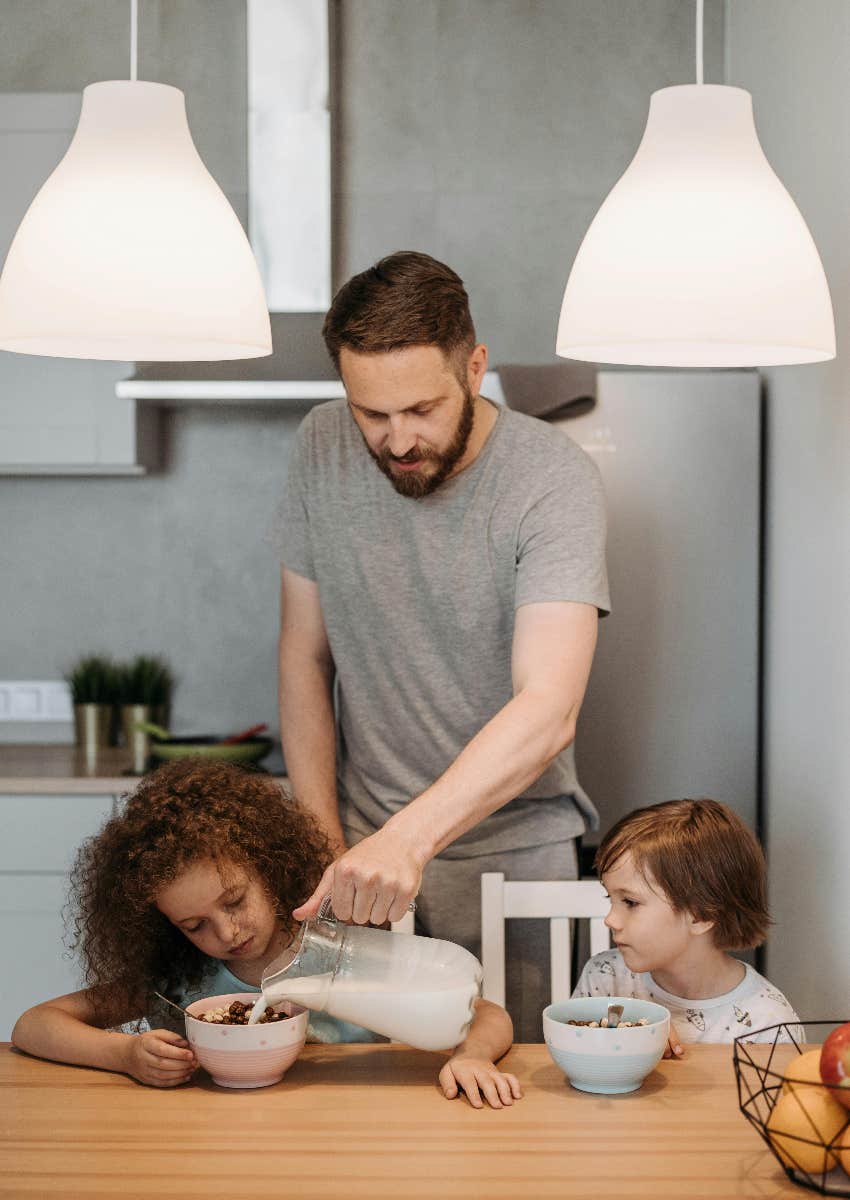Study Shows Parents With This Increasingly Rare Type Of Family Have The Strongest Brains
Yup, your family structure is impacting your brain health!
 Emma Bauso | Pexels
Emma Bauso | Pexels Having a lot of kids seems like a thing of the past. These days, you often hear people debating whether they should have kids at all when the world is in such a precarious state. Most people certainly aren’t aiming to have a large family with a brood of kids like they once did.
Based on research, though, it seems that parents who have a lot of kids are actually better off cognitively. A study that combined researchers from Rutgers University and Yale University concluded that “parenthood may be neuroprotective later in life,” meaning that the more children a parent has, the better off their brain health is.
Parents with more children have stronger brains than others.
The study, which was published in the journal Proceedings of the National Academy of Sciences, examined 19,964 females and 17,607 males whose data was in the U.K. Biobank. According to the Biobank’s website, “We follow the lives of half a million volunteers to learn who falls ill and why, so scientists around the world can create better ways to diagnose, prevent and treat diseases for everyone, everywhere.”
 Ron Lach | Pexels
Ron Lach | Pexels
Researchers noted, “In both females and males, parenthood was positively correlated with functional connectivity, such that a higher number of children parented was associated with higher connectivity, particularly within the somato/motor network.” The more children a parent had, the better off their brain was.
In an interview with WHYY, a PBS network, Avran Holmes, one of the study’s authors and an associate professor of psychiatry at Rutgers Robert Wood Johnson Medical School and faculty member at Rutgers Brain Health Institute, said, “Parenthood is perhaps one of the most salient and important life events for many individuals. It has a massive change in the environment that you find yourself embedded in once children enter into your life, so it’s a perfect window to study the extent to which environment can affect brain functioning.”
Researchers found that the effect was the same for women and men and could even help caregivers who aren’t parents.
Study authors did not believe that the effects they observed had anything to do with pregnancy because they found it to be true for both men and women. This suggested that there was no biological connection and that the effect would be the same for anyone taking care of children. This is no doubt comforting information for adoptive parents.
 Pavel Danilyuk | Pexels
Pavel Danilyuk | Pexels
However, it may also be good news for other people in caregiving roles that aren’t necessarily parents. Holmes pointed out that people like grandparents and childcare workers who are still around a potentially large number of children and spend quality time with them. Although they aren’t their actual parents, these brain benefits may still extend to them.
Researchers concluded that the more children a person had, the less likely they were to be affected by age-related brain deficits. Holmes noted, “It does look sort of like a dose response model that you’d find in a typical medical study where [if] you increase the dosage, you find a larger effect.”
Parents are choosing to have fewer kids now than ever before.
An NBC News report shared that in 1960, the average American family consisted of almost four people. This makes sense, as many people have considered the “ideal” family to consist of two parents, and one male and one female child. Now, however, the number is just three.
Sociologists attributed this change to a number of factors, such as the state the economy is in, people waiting longer to have children, things like IVF allowing parents to control the number of children they have, and easier access to contraception.
People are choosing to have smaller families now than they did in the past. This may make sense economically and as parents age, but it isn’t the best choice for brain health. Parents clearly do better cognitively when they have more children around them.
Mary-Faith Martinez is a writer with a bachelor’s degree in English and Journalism who covers news, psychology, lifestyle, and human interest topics.

